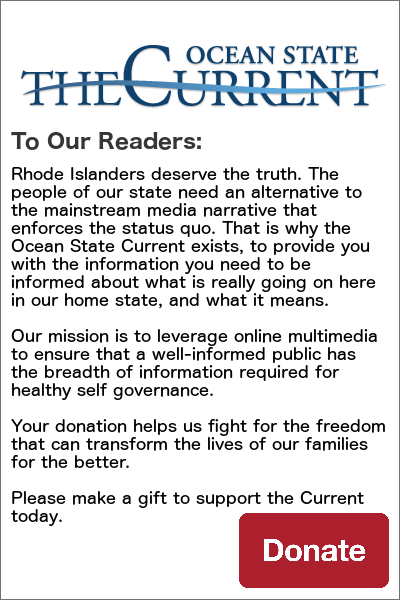The Success of the Masculine Versus the Masculinity of Success
In a society whose guidance for young men has increasingly been “be less masculine,” Crispin Sartwell’s observations of the different styles of masculinity in the Trump and previous administrations seem almost subversive:
The Scaramucci epoch represented an overcompensation. As a leadership style, some people find the Trump-Mooch manner compelling and some find it intolerable. Many seem to find it both, expressing disgust while unable to avert their gaze. It certainly has a throwback flavor. Although Mr. Trump may be the first man with his particular sort of swagger to make it all the way into the White House, we might consider a few parallels among particularly macho presidents.
[box type=”note” style=”rounded”]To Our Readers: We need your support to challenge the progressive mainstream media narrative. Your donation helps us deliver the truth to Rhode Islanders. Please give now.[/box]
The reason this seems subversive is the error on which much modern thinking is premised, supposing that discussing the ways in which different men are successful is evidence that we implicitly believe success to be masculine and therefore unavailable to women.
A moment’s imagine shows this is not so. Put a character like Scaramucci next to some stoic from the sticks in the latter’s element, and one imagines the bluster of the “swaggering, hypermasculine, foul-mouthed New York hustler,” as Crispin describes it, would look ridiculous or even, let’s say, beta.
That is to say that masculinity and femininity are independent variables from success in some particular arena. One can be a successful man or woman without being successful by some other measure. The difficulty our society has — as witnessed in the recent hoopla about a diversity-related Google memo — is that we are unwilling to accept that maybe certain characters will generally fit better in certain roles, and sometimes those characters will be more common to one demographic group or another.
We should always be on the lookout for bias and the bad decision-making that it engenders, but overcompensating in that regard is not only unfair, but also likely to diminish our effectiveness — socially, economically, and politically.


